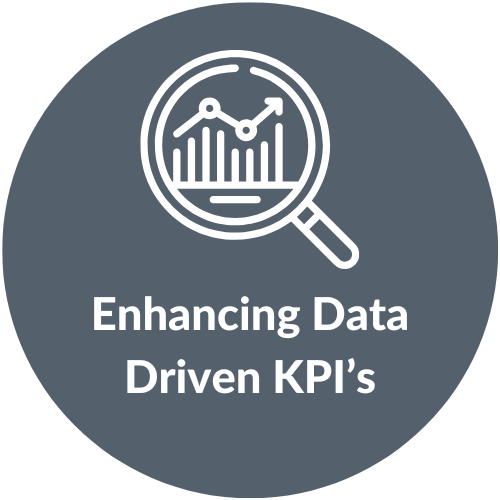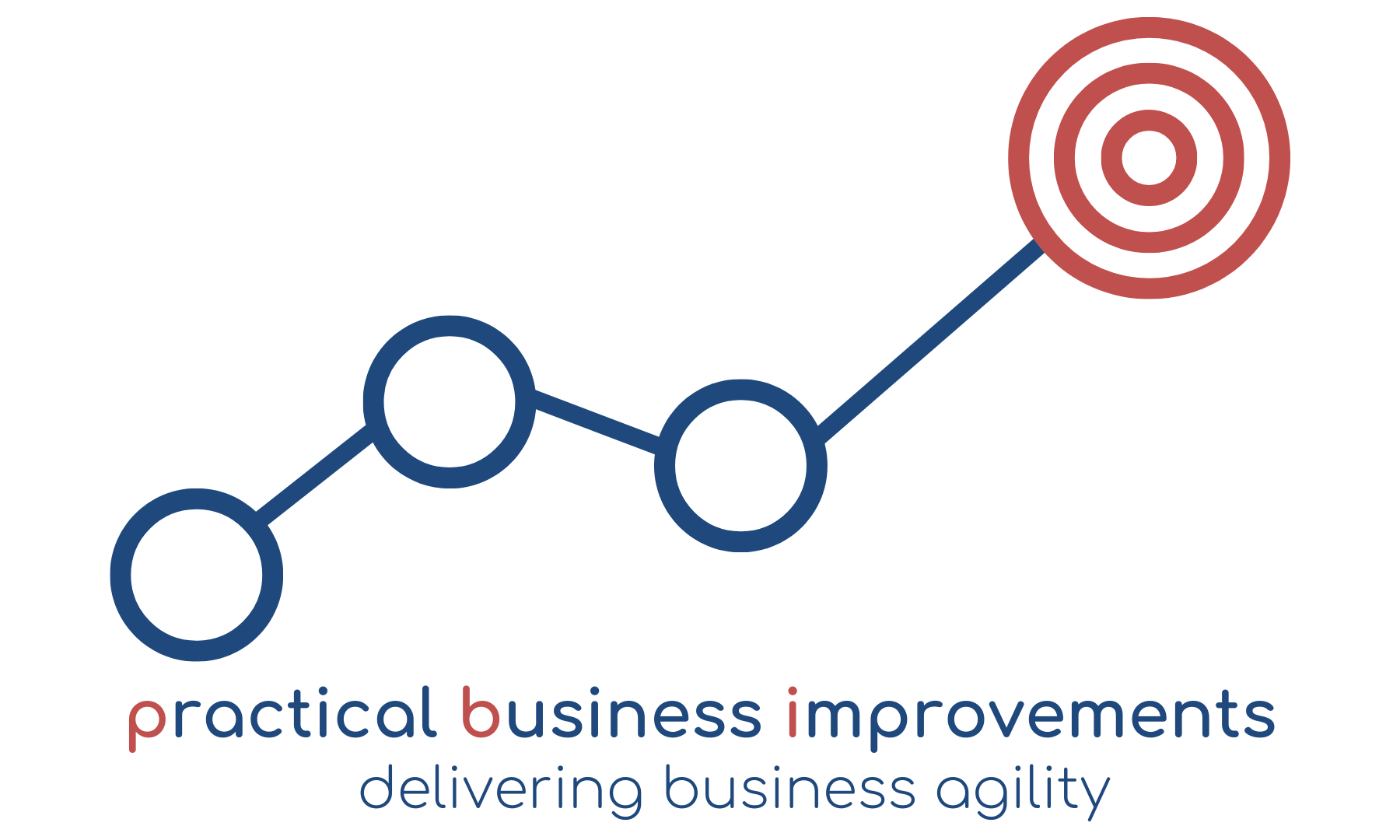Enhancing Data-Driven KPIs - A PBI Pillar

about this project
Data-driven decision-making is one of the most powerful levers for improvement, yet often one of the hardest to embed. Many organisations collect data and track KPIs, but the challenge lies in making them meaningful, consistent, and actionable. Vanity metrics can look good on paper while failing to drive progress, or strategic goals fail to cascade into practical measures teams can influence.
At PBI, we help organisations unlock the value of their data by creating KPI frameworks that connect strategy to delivery. This is about turning numbers into insight, and insight into action. By embedding ownership, cadence, and visibility, KPIs shift from being static reports to becoming tools for alignment, accountability, and measurable outcomes.
Key Project Summary "At a glance"
Project Scope
- Ensure long-term business objectives are broken down into practical KPIs at every level
- Align leaders, departments, and teams around shared measures of success
- Improve data literacy so employees can confidently use KPIs to guide decisions
Improvement Strategy
- Use Strategic Frameworks and Hoshin Kanri to cascade goals from strategy to execution
- Build Campaign Room dashboards where KPIs are tracked, reviewed, and acted on
- Establish clear data ownership and governance so KPIs are updated, accurate, and trusted
- Create tiered operating rhythms (executive, departmental, team) so data drives consistent decisions
Benefits Delivered
- Stronger strategic alignment with KPIs linked to long-term goals and daily actions
- Faster, more confident decision-making through visible, shared performance data
- Greater accountability, with each KPI owned and maintained by a responsible person or team
- Improved employee confidence in using data, developing a culture of transparency and trust
- Tangible outcomes such as reduced waste, improved throughput, and higher customer satisfaction.
Extended Story
A key principle of PBI’s coaching is that data must be owned, understood, and acted upon. Too often, valuable information is collected but not fully used.
At Walkers, high rework volumes were a recurring cost driver. By analysing production line data, the real issue was traced upstream to a warped oven band creating misshapen biscuits. Once data ownership was assigned and KPIs were set around rework rates and product quality, the team reduced rework by 72%, saving the equivalent of 160 operator days annually and delivering a £29,000 labour saving.
In another FMCG project, the client was holding over £900,000 in slow-moving or obsolete packaging stock (SLOB). Initially seen as “just storage costs,” the data was refined, reviewed, and linked to KPIs around pallet space usage, aged stock percentage, and cost recovery. Through clear ownership and monthly reviews, £136,900 of obsolete stock was disposed of, £225,000 reallocated for reuse, and 140 pallet spaces were freed, creating ongoing annual savings.
These examples highlight how raw data becomes powerful when it is refined, assigned to clear owners, attached to KPIs, and monitored consistently. This turns information into a driver of improvement rather than an untapped asset.
Data-driven change is not about dashboards for the sake of dashboards. It is about creating a shared language for performance. When everyone from executives to front-line teams understands what matters, how it is measured, and who owns it, decisions improve and progress accelerates. This is how organisations move from “tracking numbers” to achieving measurable outcomes - and ultimately, how measurable ROI is delivered from an engagement like this.

